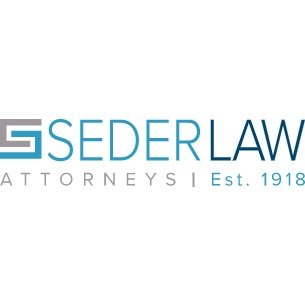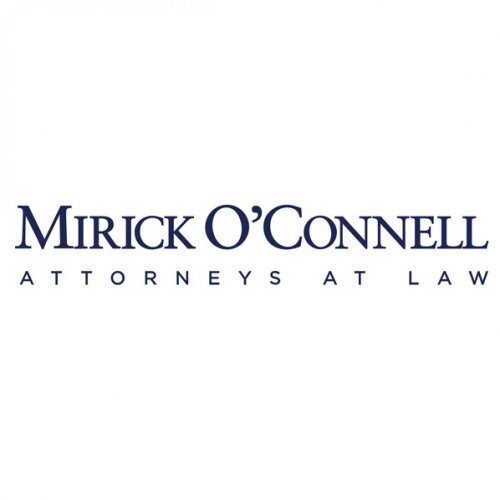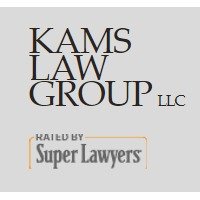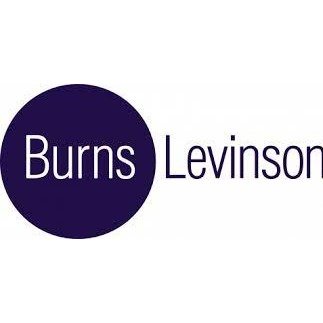Best Government Relations & Lobbying Lawyers in Massachusetts
Share your needs with us, get contacted by law firms.
Free. Takes 2 min.
Or refine your search by selecting a city:
List of the best lawyers in Massachusetts, United States
About Government Relations & Lobbying Law in Massachusetts, United States
Government relations and lobbying encompass the activities of influencing decisions made by government officials at all levels. In Massachusetts, lobbying involves efforts to affect legislation, regulations, government contracts, and other official actions. Stakeholders such as businesses, nonprofits, advocacy groups, and individual citizens may engage in lobbying to further their interests. Due to the potential for conflicts of interest and transparency concerns, lobbying in Massachusetts is highly regulated and subject to strict legal requirements. Laws govern lobbyist registration, reporting, permissible activities, and interactions with public officials to ensure accountability and integrity in government processes.
Why You May Need a Lawyer
Engaging in government relations and lobbying in Massachusetts requires careful navigation of complex rules. Individuals and organizations often seek legal guidance for the following reasons:
- Determining whether proposed activities constitute lobbying under Massachusetts law and trigger registration requirements - Assisting with proper registration as a lobbyist or lobbying entity - Complying with strict reporting and disclosure obligations - Interpreting and adhering to restrictions on gifts, campaign contributions, and entertainment expenditures - Navigating ethical rules and avoiding conflicts of interest - Defending against enforcement actions or investigations by the State Ethics Commission or the Secretary of the Commonwealth - Advising public officials and former public officials about post-employment restrictions - Structuring government relations efforts to maximize effectiveness while remaining compliant with the law - Handling relationships with both state and municipal government entities - Responding to public records requests or media inquiries about government relations activities
Local Laws Overview
Massachusetts government relations and lobbying laws are mainly governed by Massachusetts General Laws Chapter 3, sections 39 to 50, and the regulations promulgated by the Secretary of the Commonwealth, as well as the State Ethics Commission. Key legal aspects include:
- Registration Requirements: Individuals or entities paid to influence government actions must register as lobbyists or lobbying organizations. Both legislative and executive lobbying are covered. - Reporting and Disclosure: Registered lobbyists must file regular disclosures detailing lobbying activities, compensation, and expenditures, typically on a semiannual basis. - Gifts and Entertainment: There are strict limits on providing gifts, meals, and entertainment to public officials. - Prohibited Activities: Engaging in lobbying without proper registration or failing to file required reports can lead to legal penalties. - Public Records: Lobbying filings are public documents, increasing transparency. - Municipal Lobbying: Some municipalities, including Boston, have their own lobbying registration and disclosure requirements. - Post-Employment Restrictions: Former government employees may face restrictions on lobbying their former agencies.
Frequently Asked Questions
What is the definition of lobbying in Massachusetts?
Lobbying is the act of communicating directly with a government official to influence legislation, regulations, policy decisions, procurement, or similar official actions. Both paid and, in some cases, unpaid advocacy can trigger lobbying laws.
Who must register as a lobbyist in Massachusetts?
Anyone who is compensated to communicate with state or municipal officials for the purpose of influencing legislative or executive actions must generally register as a lobbyist. This includes both individuals and entities.
Are there separate rules for municipal lobbying in Massachusetts?
Yes. Cities such as Boston have their own lobbying ordinances that may require additional registration and reporting beyond state requirements.
What disclosures are required for lobbyists?
Lobbyists must disclose their lobbying activities, the identity of their clients, compensation received, and all related expenditures on periodic reports to the Secretary of the Commonwealth.
What are the penalties for violating lobbying laws in Massachusetts?
Violations can lead to civil fines, suspension or revocation of lobbying privileges, and, in severe cases, criminal prosecution.
Can I give gifts or pay for meals for legislators as a lobbyist?
Massachusetts law generally prohibits gifts of any kind to public officials, including meals and entertainment, with very limited exceptions.
Do unpaid volunteers need to register as lobbyists?
Unpaid individuals who spend only limited time advocating may not need to register, but if lobbying activities or compensation reach specific thresholds, registration may become necessary.
How often do lobbyists need to file reports?
Lobbyists must file semiannual reports detailing their lobbying activities, including compensation and all lobbying-related expenditures.
What restrictions exist for former public officials who want to become lobbyists?
A “cooling off” period often applies, prohibiting former officials from lobbying their former agency or board for one year after leaving public service.
Where can I find information about Massachusetts lobbying laws?
Information is available on the Secretary of the Commonwealth’s website and from the State Ethics Commission or by consulting with a legal professional specializing in government relations.
Additional Resources
- Office of the Secretary of the Commonwealth (Lobbyist Division): Provides information on registration, reporting, and statutes relevant to lobbying - State Ethics Commission: Advises on conflict of interest, post-employment restrictions, and gift rules - Boston Municipal Lobbying Compliance (for city-specific regulations) - Massachusetts Bar Association: Offers referrals to attorneys specializing in government relations - Local Law Libraries: Access to statutes, regulations, and written guidance materials
Next Steps
If you believe your activities may constitute lobbying or you plan to advocate before Massachusetts government officials, consider the following steps:
- Assess your planned activities to determine if they are covered by the definition of lobbying - Review applicable state and municipal laws to identify registration and disclosure obligations - Gather records of relevant communications, compensation, and expenditures - Consult a legal professional who specializes in Massachusetts government relations and lobbying for tailored advice - Register with the Secretary of the Commonwealth or relevant municipal authorities as required - Maintain meticulous records to stay compliant with reporting requirements - Stay informed about legal updates and best practices for ethical government relations
Thorough preparation and ongoing legal guidance are essential for anyone seeking to engage in government relations or lobbying in Massachusetts. An experienced attorney can help you navigate local laws, prevent unintentional violations, and achieve your advocacy goals with confidence.
Lawzana helps you find the best lawyers and law firms in Massachusetts through a curated and pre-screened list of qualified legal professionals. Our platform offers rankings and detailed profiles of attorneys and law firms, allowing you to compare based on practice areas, including Government Relations & Lobbying, experience, and client feedback.
Each profile includes a description of the firm's areas of practice, client reviews, team members and partners, year of establishment, spoken languages, office locations, contact information, social media presence, and any published articles or resources. Most firms on our platform speak English and are experienced in both local and international legal matters.
Get a quote from top-rated law firms in Massachusetts, United States — quickly, securely, and without unnecessary hassle.
Disclaimer:
The information provided on this page is for general informational purposes only and does not constitute legal advice. While we strive to ensure the accuracy and relevance of the content, legal information may change over time, and interpretations of the law can vary. You should always consult with a qualified legal professional for advice specific to your situation.
We disclaim all liability for actions taken or not taken based on the content of this page. If you believe any information is incorrect or outdated, please contact us, and we will review and update it where appropriate.
Browse government relations & lobbying law firms by city in Massachusetts
Refine your search by selecting a city.
















